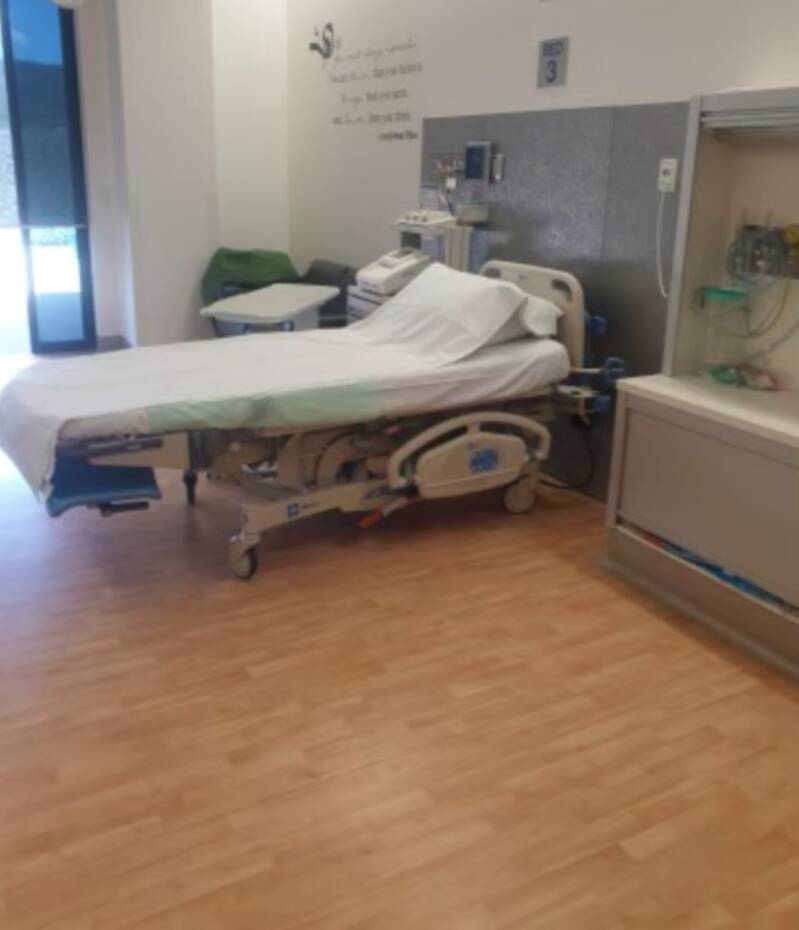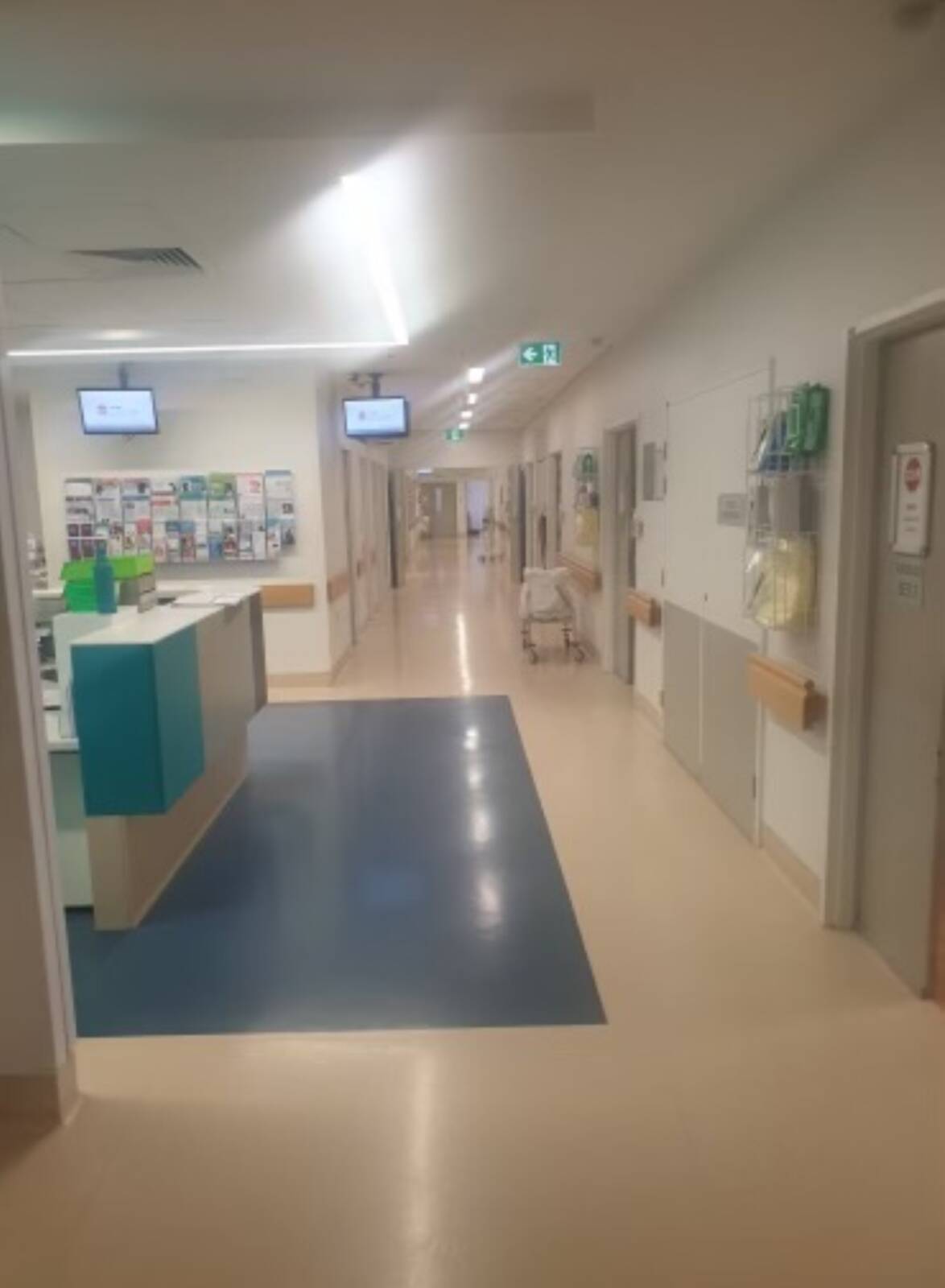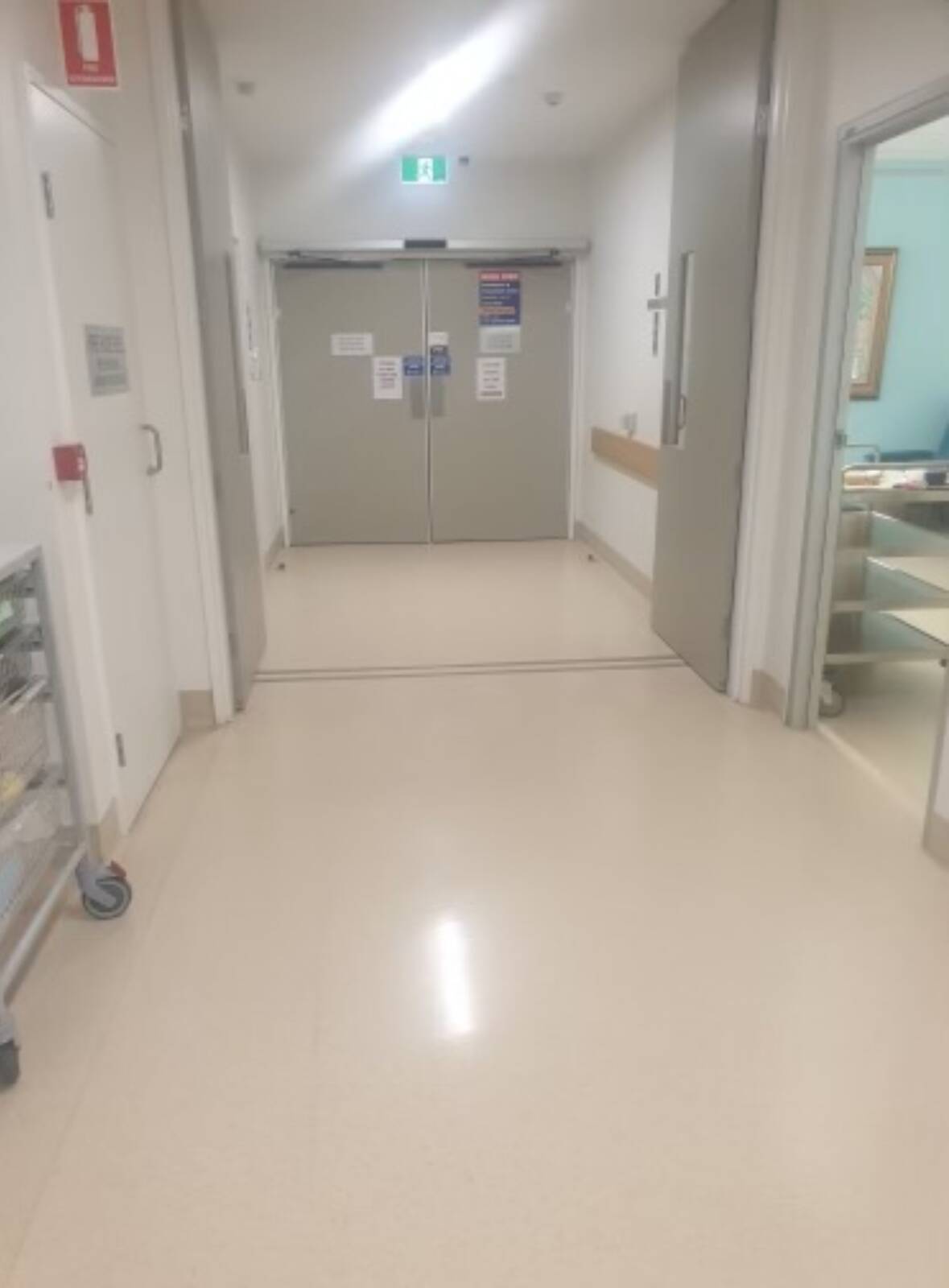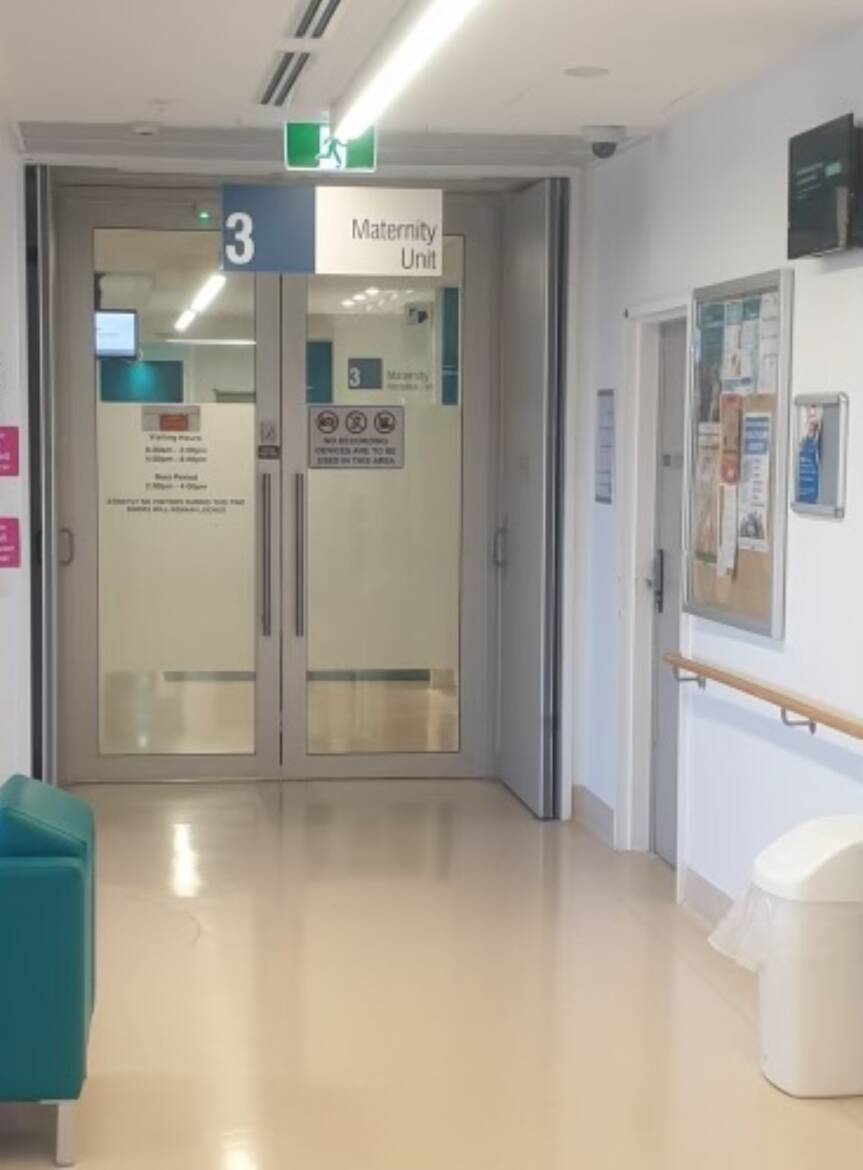



A whistleblower says midwives are regularly working 16- to 18-hour double shifts at Tamworth Hospital's maternity unit, amid severe staff shortages that are putting lives at risk.
The unit had to turn away complicated pregnancies from February 16 to 19 due to the lack of staff, Hunter New England Health documents show.
The situation was being reviewed on a "shift by shift basis" from February 19 to 25.
"Bed numbers in the maternity unit have been reduced from 20 to 12," the whistleblower said.
"It is disgusting that Hunter New England Health has made no attempt to communicate this dramatic change in circumstances to the people of north-west NSW.
"Tamworth is a major regional hospital in NSW."
The documents show the maternity unit had been downgraded from a level four to level three service due to the staff shortages.
This whistleblower said this meant the unit had a significantly reduced ability to deal with complicated cases, such as premature babies or seriously unwell mothers.
Despite this, Hunter New England Health said "Tamworth Hospital continues to accept women that require a level four service, and they are triaged and assessed appropriately".
"Women will be transferred to higher level care if required," executive director of rural and regional health Susan Heyman said.
"Smaller hospitals in the New England area may transfer women to Tamworth and Armidale hospitals, and sometimes John Hunter and Maitland hospitals, to provide this higher level of care when needed."
The documents said that Tamworth's maternity service was no longer taking patients from any other hospitals, except uncomplicated cases from Gunnedah.
The Newcastle Herald was shown repeated text messages from hospital management asking staff to cover shifts.
"I apologise for the bombardment of texts, phone calls and face-to-face begging when you have all gone above and beyond," a December text said.
"And apologies for intruding on this precious time with your families over Xmas."
A document from June last year showed midwifery staffing at the hospital was down to 49 per cent, which amounted to a loss of 19 full-time equivalent staff.
However, the whistleblower said the midwife shortage was now "over 50 per cent and 20 full-time staff".
The whistleblower said midwives had been working double shifts - which could be 16 to 18 hours - for about a year.
This was occurring "two to three times a week at least".
"Midwives are suffering from fatigue, stress and burnout. They feel guilty about leaving their workmates in a situation where they may end up in a coroner's court, so they stay and work."
The whistleblower compared working such long shifts to drink driving.
NSW Nurses and Midwives' Association assistant general secretary Michael Whaites said "we are deeply concerned about the situation at Tamworth Hospital".
"Tamworth Hospital is a referral hospital servicing the north-west region and these critical staffing shortages are putting our members and patients at risk," Mr Whaites said.
"Our members often feel compelled to work overtime to ensure services can stay open and to support their colleagues.
"They have to balance those decisions with their professional judgement, as to whether they are able to practice safely given the fatigue excessive overtime causes."
The whistleblower said staff were concerned patient safety was being compromised.
They were concerned that the situation could lead to the death of a mother or baby, as a seemingly normal birth could go wrong.
They feared the hospital wouldn't have enough midwives to manage a maternal or neonatal emergency.
"An acute emergency case can require up to four midwives. But we might not have enough staff to manage an emergency," the whistleblower said.
"A mother could have a haemorrhage and bleed to death."
The documents said there was an "increased risk" of women going into labour without a midwife present.
Ms Heyman, of Hunter New England Health, said "due to circumstances out of the district's control, sometimes there are gaps in midwifery coverage that cannot be filled, despite every effort from management".
"We appreciate this impacts the workload for our dedicated midwives in Tamworth, who provide exemplary support to the women and babies in their care and each other.
"We continue to support the wellbeing of our staff and monitor rosters to always ensure a safe working environment. Agency and casual midwives are being brought in where possible."
Ms Heyman said there was a "global shortage of midwives".
"Attracting and retaining the required workforce to fill the number of current vacancies in rural and regional areas is a challenge across Australia."
The whistleblower said the shortage had been building for more than a decade.
Mr Whaites, of the union, said previous governments had "ignored the warning signs that this would happen".
He said midwives' pay in NSW was "below that in other states and does not reflect the value of the work they do".
"The NSW government must remedy this as quickly as possible."
He said the union had been "campaigning for improved staffing levels in maternity services for many years".
"The previous state government hid behind the wages cap and an outdated federal report from 2019 that predicted an excess within the workforce," he said.
Ms Heyman, of Hunter New England Health, said "we continue to respond with targeted, strategic workforce planning and make every effort to fill vacancies when they arise".
"This includes offering scholarships to midwifery pathways and overseas recruitment drives to the United Kingdom," she said.
The NSW government was employing more than 250 graduate nurses and midwives in regional and rural areas.
Rural health workforce incentives had risen from $10,000 up to $20,000 and tertiary study subsidies were available.







